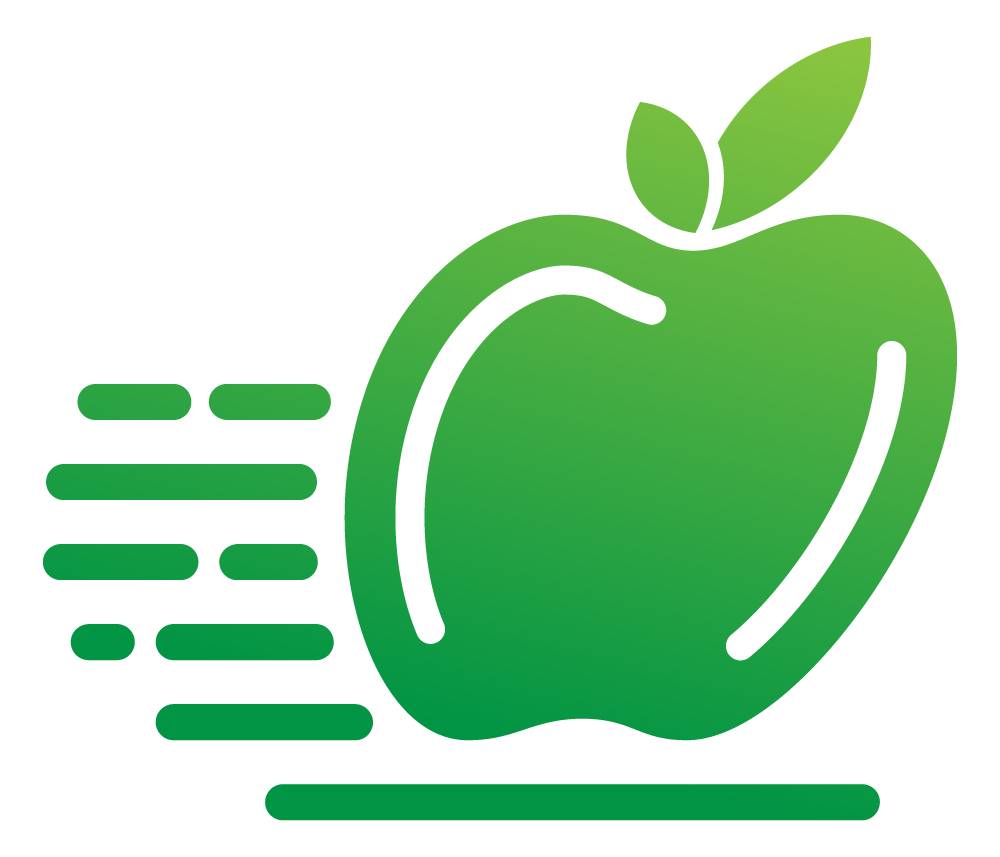What “good health” truly means
There’s a subtle and unnoticed perk of being in good health. We’ve all heard nice quotable quotes like “Health is the ultimate wealth” or all the good advice around eating well, being active, and so on.
These things are all very true, but it sometimes feels like we hear, we nod with a committed facial expression saying “yes, that’s right!”, and just forget about it and go on with our day.
That was certainly my case until I really committed to make my health my top one priority. This reshaped my perspective profoundly and I gradually started to see again how much good health makes everyday life easier.
In A Man Without a Country, Kurt Vonnegut wrote “And I urge you to please notice when you are happy, and exclaim or murmur or think at some point, ‘If this isn’t nice, I don’t know what is.”
Similarly, we can start appreciating when we’re healthy and be responsible for taking good care of this immense luxury.
The opposite of “good health”
Imagine a bunch of trivial daily tasks like carrying grocery bags, focusing at work, walking with friends, cooking, playing with kids.
Now imagine trying to do them with some kind of impairment: your back hurts, your knees don’t serve you, you don’t have the energy. Perhaps you even feel some sense of despair when seeing that curve on your back, or when paying your orthopaedic to hear once again that yes, your knee is bad, you’ll have to cope.
All these small detriments operate under the hood and undermine our confidence, energy and quality of life.
But we can do something to prevent it from happening.
With diabetes, I noticed that having good control of my blood sugar levels gave me a great mental relief.
Previously, every activity (mental of physical) could indeed be mined or interrupted by a hypo or hyperglycemia. For a long time I was convinced it was just the way it would be. “That’s just life with diabetes”, I thought.
Until I studied and understood, for instance, that eating high-fat foods cause insulin resistance.
Or that refined carbohydrates were the cause of the glycemic spikes. And that the two combined led to those up-and-downs that were what held me back from enjoying a workout, or were the cause of those post-meal focus slumps.
I saw this, and changed the narrative: I decided that I could still invest in a better health and master my diabetes.
Grabbing the opportunity: mastering diabetes
I invested som epitome and energy into developing some good habits and behaviors to try and fix my glucose.
The mere eating green light foods (which for me means whole plant based foods, high in clean carbs, low in fats) and sleeping well on a regular basis made everything easier. Blood sugar became steady and stable, and this reduced the guess work, the hesitation and concerns about what the next hour would be like for me.
My inner dialogue shifted from a continuous "Let’s hope that my glucose levels stay in the range until I am done with this or that task” to “You know what, I’ll lace up my shoes and go for a run”, or “I can plan four hours of focused study time tomorrow morning'“, knowing that my glycemic index would not be an obstacle anymore.
It is not an understatement to say that my self esteem and confidence greatly improved simply because I became aware that I could attend to my favourite activities without being held back by a poorer health status. And this felt even better because these improvements were direct consequences of small choices made consistently, day after day.
Going for the healthier option at the canteen, committing to daily movement and to sleep and recovery.
The difference between before and after is staggering. Knowing that I am taking the right steps to keep my health in check boosts my mood: I know I am acting on what I can control, while I can control it.
Do what you can, while you can
Life can always happen: a car accident put us on a wheelchair, some unforeseen disease hits us, we lose our job, a financial crisis puts us in a bad spot, you name it.
I just know I have the luxury of good health that I could be much worse off, and I can endure these situations much better…how much worse would it be if, on top of all these misfortunes, my health also sucked? I have diabetes, but I could be much worse off and I can do plenty of things to make this all suck less:
Am I eating good food to have good energy?
Am I sleeping enough to maintain and use that energy?
Am I moving your body so that it will continue to serve me well?
Diabetes became my best shot at understanding how important and radically life changing it is to have good health versus bad health, and how much I can do to keep the former and avoid the latter.
This was a very long brain fart to remind myself about the basics.
I am in good health overall because I am taking responsibility over my diabetes.
My good health is consequence of daily choices directed at mastering my diabetes.
I am responsible for this blessing I have, health, until I have it.
Good health makes daily chores much easier and enjoyable (I carried three full grocery bags for 3 kilometres just yesterday!), and it largely determines how I feel about myself, my self confidence and self esteem (how good I feel after a run, knowing I can enjoy it whenever I want!).
Above all, I feel I can endure and push through tough life situations from a better position. Good health is a blessing, we should never give it for granted. We just need to take time to acknowledge that, and act accordingly.

